Deciding between the Hyundai Sonata vs Kia Optima can be challenging. Both of these midsize cars offer impressive features and solid performance. Understanding their differences can help you make the right choice. The 2024 Hyundai Sonata vs Kia Optima comparison shows that the Sonata provides more passenger space, boasting 106.1 cubic feet compared to the Optima’s 105.6 cubic feet. Additionally, the Sonata edges ahead in fuel efficiency, delivering 26 mpg in the city, while the Optima achieves 25 mpg. The Sonata also includes standout features like LED Daytime Running Lights and Blind Spot Detection as standard. On the other hand, the Kia Optima offers a larger trunk with 16.7 cubic feet of space, making it an excellent option for family trips. By evaluating the Hyundai Sonata vs Kia Optima, you can determine which car better suits your lifestyle, whether for daily commutes or weekend adventures.
Key Takeaways
-
The Hyundai Sonata has more room for passengers and uses less gas. This makes it great for families and long trips.
-
The Kia Optima looks sportier and has a bigger trunk. It’s a good choice for people who like style and need more space for stuff.
-
Both cars have strong engines, but the Sonata uses less fuel. This helps you save money on gas.
-
The Sonata has extra safety features like Rear Cross-Traffic Alert. This helps drivers feel safer on the road.
-
Try driving both cars to see which one works best for you.
Hyundai Sonata vs Kia Optima Exterior Design
Styling and Looks
The Hyundai Sonata and Kia Optima have different styles. The Sonata has a bold and classy design. Its shiny grille and sharp headlights make it look fancy. The Kia Optima, however, has a modern and sporty vibe. Its smooth lines and sleek look are great for city lovers.
Inside, the Sonata offers more leather seat color choices. This adds a luxurious feel to its interior. The Optima sticks to a sporty black interior. If looks matter to you, the Sonata’s elegant style might be your favorite.
Size and Dimensions
Size is important for comfort and use. Here’s a simple size comparison:
|
Measurement |
Hyundai Sonata |
Kia Optima |
|---|---|---|
|
Height |
57.7 in. |
56.9 in. |
|
Length |
191.1 in. |
193.3 in. |
|
Wheelbase |
110.4 in. |
111.8 in. |
|
Cargo Space |
15.9 cu. ft. |
15.6 cu. ft. |
|
Front Leg Room |
45.5 in. |
46.1 in. |
|
Rear Leg Room |
35.6 in. |
34.8 in. |
The Optima is a bit longer and has a bigger wheelbase. This might be better if you like a roomy feel. But the Sonata has more rear legroom and trunk space. This makes it great for passengers and carrying stuff.
Exterior Features
Both cars have cool features, but the Sonata has extras. It comes with LED Daytime Running Lights, which look nice and help you see better. The Optima looks good but doesn’t have these lights.
If you want a mix of style and usefulness, pick the Sonata. But if you like sporty looks and a slightly bigger car, the Optima could be for you.
Kia Optima vs Hyundai Sonata Performance
Engine Options and Power Output
Both the Hyundai Sonata and Kia Optima have strong engines. Their standard engines produce 185 horsepower, giving a smooth ride for daily drives. If you want more power, both cars offer turbocharged engines. These engines increase the horsepower to 245, making highway driving more exciting.
For better gas mileage, both cars also have hybrid versions. These hybrids use gas engines and electric motors together. This helps save fuel and lowers pollution. No matter which car you pick, the engines balance power and fuel efficiency well.
|
Feature |
Hyundai Sonata |
Kia Optima |
|---|---|---|
|
Standard Horsepower |
185 hp |
185 hp |
|
Turbocharged Horsepower |
245 hp |
245 hp |
|
Hybrid Options |
Yes |
Yes |
|
Engine Type |
Gas |
Gas |
|
Fuel Type |
Regular Unleaded |
Regular Unleaded |
Fuel Efficiency Comparison
Fuel efficiency is important for many drivers. The Hyundai Sonata performs slightly better here. It gets 28 miles per gallon (mpg) in the city and 38 mpg on highways. The Kia Optima gets 25 mpg in the city and 35 mpg on highways. This means the Sonata saves more money on gas and can go farther on highways—648 miles compared to the Optima’s 611 miles.
|
Model |
City MPG |
Highway MPG |
Highway Range |
|---|---|---|---|
|
Hyundai Sonata |
28 |
38 |
648 miles |
|
Kia Optima |
25 |
35 |
611 miles |
If saving gas is your goal, the Sonata is the better choice.
Driving Dynamics and Handling
Both cars give a comfy and steady ride. However, the Sonata handles a bit better. Its steering and rear suspension are improved, making it more fun to drive. Whether in the city or on highways, the Sonata feels smooth and easy to control.
The Optima focuses more on comfort than sporty handling. It’s a good pick if you like a relaxed drive. But if you want sharper steering and a sportier feel, the Sonata is a better option.
Pro Tip: For long trips, the Sonata’s better gas mileage and handling make it a great pick.

Hyundai Sonata vs Kia Optima Interior Features
Cabin Design and Comfort
The Hyundai Sonata’s interior feels fancy and calm. Its smooth ride and soft blue dashboard lights make long trips relaxing. The Kia Optima, however, has a sporty style. Its SX Limited trim even adds quilted seats for a high-end look.
Here’s a simple size comparison for space:
|
Feature |
Hyundai Sonata |
Kia Optima |
|---|---|---|
|
Front Head Room |
40.0 in. |
39.8 in. |
|
Front Leg Room |
46.1 in. |
45.5 in. |
|
Rear Leg Room |
34.8 in. |
35.6 in. |
The Sonata gives more headroom in the front. The Optima has extra legroom in the back. If you like sporty interiors, the Optima might be your pick. But if you prefer comfort and elegance, the Sonata stands out.
Technology and Infotainment
Both cars have great tech to keep you entertained. The Hyundai Sonata has a bigger 10.25-inch screen. The Kia Optima comes with an 8.0-inch screen. Both support Apple CarPlay and Android Auto, so connecting your phone is easy.
|
Feature |
Hyundai Sonata |
Kia Optima |
|---|---|---|
|
Infotainment System |
10.25-inch touchscreen |
8.0-inch touchscreen |
|
Wireless Charging |
Yes |
Yes |
|
Navigation |
Yes |
Yes |
The Sonata also includes Hyundai Blue Link®, which adds more features. Both cars have rearview cameras and blind-spot monitoring for safety.
Tip: If you like bigger screens and advanced tech, the Sonata is a better choice.
Passenger and Cargo Space
Space matters for families or carrying stuff. The Hyundai Sonata has 106.1 cubic feet of passenger space. The Kia Optima offers 104.8 cubic feet. For cargo, the Sonata leads with 16.4 cubic feet, while the Optima has 15.9 cubic feet.
|
Feature |
Hyundai Sonata |
Kia Optima |
|---|---|---|
|
Passenger Volume (cu. ft.) |
106.1 |
104.8 |
|
Trunk Volume (cu. ft.) |
16.4 |
15.9 |
If you need more room for people and luggage, the Sonata wins. But if you care more about sporty looks, the Optima might suit you better.

Kia Optima Comparison: Safety Features
Standard and Advanced Safety Features
Both the Hyundai Sonata and Kia Optima have great safety features. The Kia Optima shines with many standard options. These include Blind Spot Collision Warning, Lane Change Assist, and Forward Collision Warning. It also has advanced systems like Pedestrian Detection and Driver Attention Warning. These make the Optima a top pick for safety-focused buyers.
Here’s a list of key safety features in the Kia Optima:
-
Blind Spot Collision Warning
-
Lane Departure Warning
-
Rear Cross-Traffic Collision Warning
-
Forward Collision Warning
-
Lane Keeping Assist-Line
The Hyundai Sonata offers fewer standard features but still includes important ones. It has Blind Spot Detection and Lane Change Assist. If you want a car with more safety features, the Kia Optima could be better for you.
Crash Test Ratings
Both cars scored high in crash tests. The National Highway Traffic Safety Administration (NHTSA) gave both a 5-star overall rating. However, the Sonata did better in frontal crash tests, earning 5 stars compared to the Optima’s 4 stars.
|
Feature |
Kia Optima |
Hyundai Sonata |
|---|---|---|
|
Overall NHTSA Rating |
5 stars |
5 stars |
|
Frontal Barrier Crash Rating – Overall |
4 stars |
5 stars |
|
Side Crash Rating – Overall |
5 stars |
5 stars |
|
Rollover Rating – Overall |
5 stars |
5 stars |
|
IIHS Rating |
Top Safety Pick+ |
Top Safety Pick+ |
If crash test results matter most, the Sonata’s better frontal crash score might appeal to you.
Driver Assistance Technologies
Both cars include helpful driver assistance features, but the Sonata has more. It comes with Rear Cross-Traffic Alert and Blind Spot Detection as standard. These are not available in the Kia Optima. Both models share features like Traction Control, Anti-lock Braking, and Stability Control.
|
Feature |
Hyundai Sonata |
Kia Optima |
|---|---|---|
|
Rearview Camera |
Standard |
Standard |
|
Rear Cross-Traffic Alert |
Standard |
Not Available |
|
Blind Spot Detection |
Standard |
Not Available |
|
Lane Change Assist |
Standard |
Not Available |
|
Electronic Stability Control |
Standard |
Standard |
|
Vehicle Stability Management |
Standard |
Standard |
|
Traction Control System |
Standard |
Standard |
|
Anti-lock Braking System |
Standard |
Standard |
|
Advanced Dual Front Airbags |
Standard |
Standard |

If you want more advanced safety tech, the Sonata might be the better choice.
Tip: For families or long highway trips, the Sonata’s extra safety features can offer more peace of mind.
Hyundai Sonata vs Kia Optima Pricing and Value
Base Price and Trim Levels
The Hyundai Sonata and Kia Optima are priced competitively. The 2024 Sonata starts at $28,095, while the Optima begins at $24,355. However, the Optima’s market average price is higher, around $27,652. This makes the Sonata a slightly better deal for its base price.
|
Vehicle |
Starting MSRP |
Starting Market Average |
|---|---|---|
|
Kia Optima |
$24,355 |
$27,652 |
|
Hyundai Sonata |
$28,095 |
– |
Both cars have several trims to fit different budgets and needs. The Sonata feels more luxurious, while the Optima has a sportier design.
Warranty and Maintenance Coverage
Both cars offer excellent warranties. They include a 10-year/100,000-mile powertrain warranty, one of the best available. This provides confidence for long-term use.
The Sonata is cheaper to maintain. Its yearly repair cost averages $458, compared to the Optima’s $471. Over time, this adds up. The Sonata’s total maintenance cost is $3,242, while the Optima’s is $4,899.
|
Vehicle |
Reliability Rating |
Average Annual Repair Cost |
Maintenance Cost |
Powertrain Warranty |
|---|---|---|---|---|
|
Hyundai Sonata |
4.0 out of 5.0 |
$458 |
$3,242 |
10-year/100,000-mile |
|
Kia Optima |
4.0 out of 5.0 |
$471 |
$4,899 |
10-year/100,000-mile |
Tip: Choose the Sonata if you want lower repair and maintenance costs.
Resale Value and Long-Term Costs
The Sonata keeps its value better than the Optima. After five years, the Sonata’s depreciation rate is 41.4%, while the Optima’s is 43.1%. This means the Sonata is worth more over time.
|
Model |
5-Year Depreciation Rate |
Resale Value Range |
|---|---|---|
|
2019 Hyundai Sonata |
41.4% |
$12,500 – $20,999 |
|
2019 Kia Optima |
43.1% |
$11,848 – $21,235 |
For hybrid models, the Sonata Hybrid holds 1.3% more value than the Optima Hybrid. This makes it a better pick for long-term ownership.

If you plan to sell your car later, the Sonata’s stronger resale value is a big advantage.
Picking between the Hyundai Sonata and Kia Optima depends on your needs. The Sonata is better on gas, getting 26 mpg in the city. The Optima gets 25 mpg. The Sonata also has more room inside, with 106.1 cubic feet for passengers and 16.4 cubic feet for cargo. For safety, the Sonata shines with features like Blind Spot Detection and Rear Cross-Traffic Alert. It also has a Top Safety Pick rating.
The Kia Optima, however, is great for those who like sporty looks. It also costs a bit less to start. Both cars have a strong 185-horsepower engine. But the Sonata can go farther on highways, up to 648 miles. If you want more luxury, tech, and better resale value, the Sonata is a smart choice.
To decide, try both cars yourself. Take a test drive to see which one fits your lifestyle best.


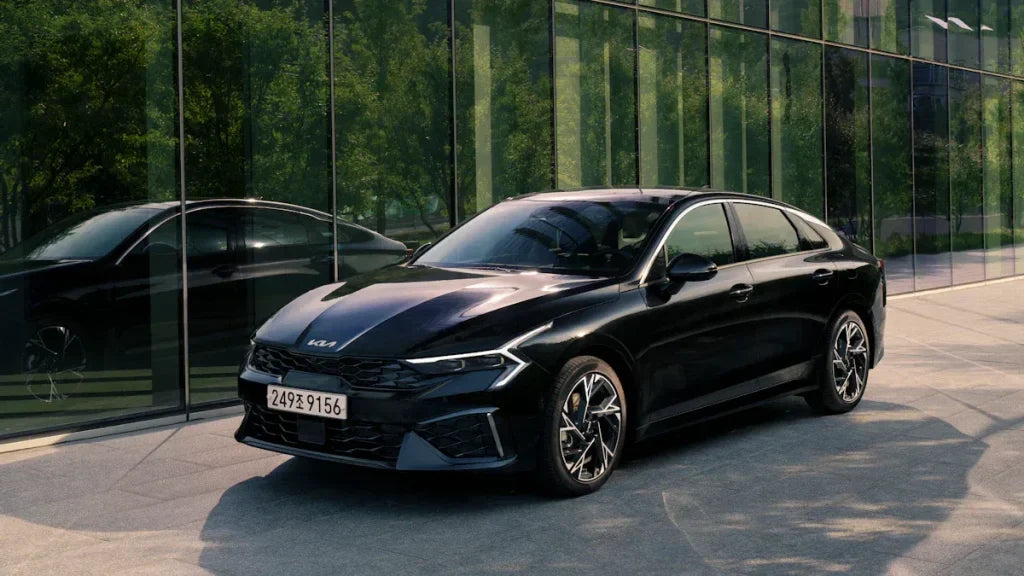
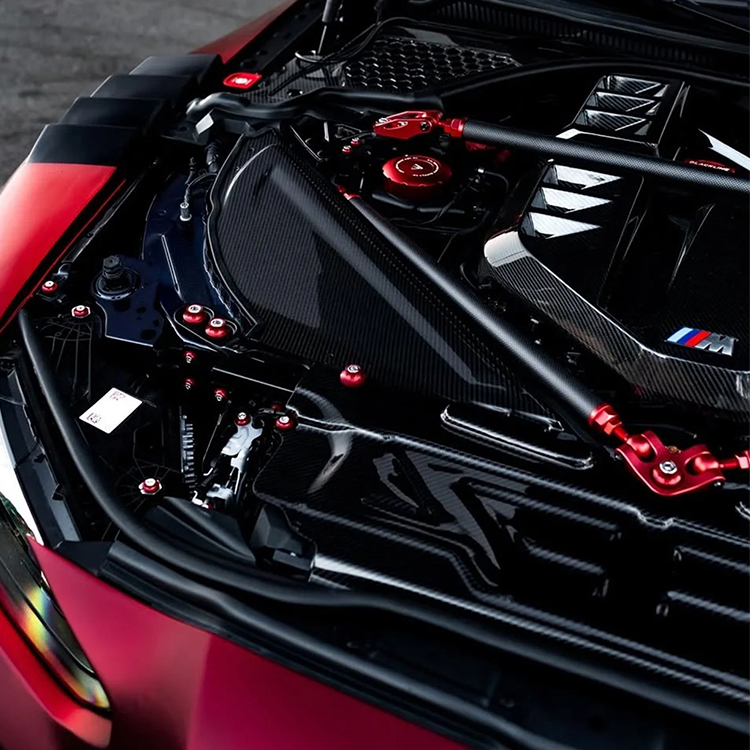
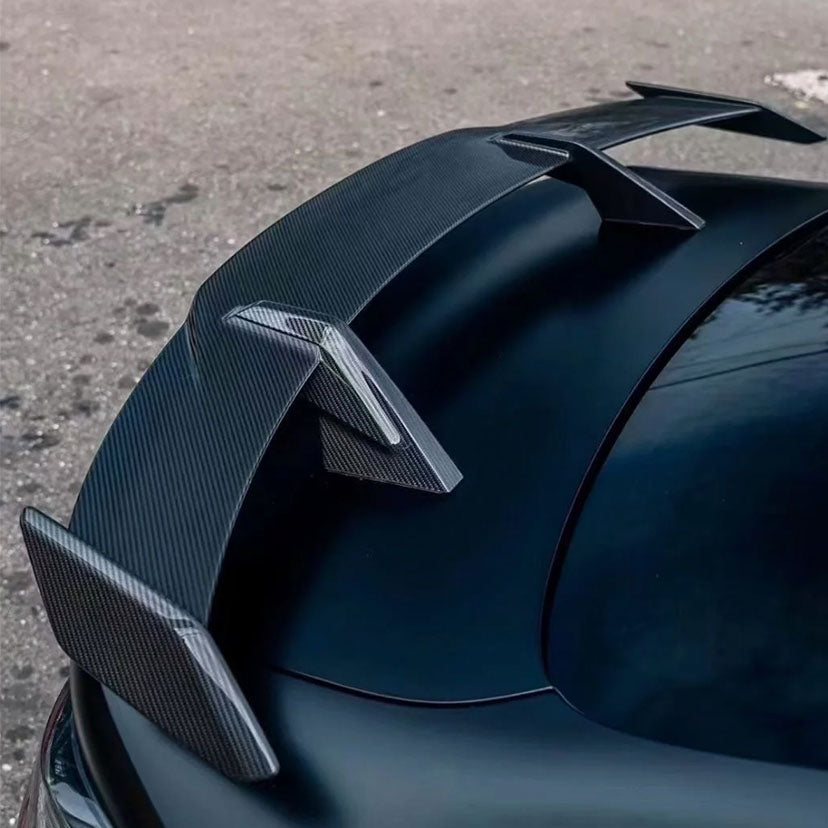
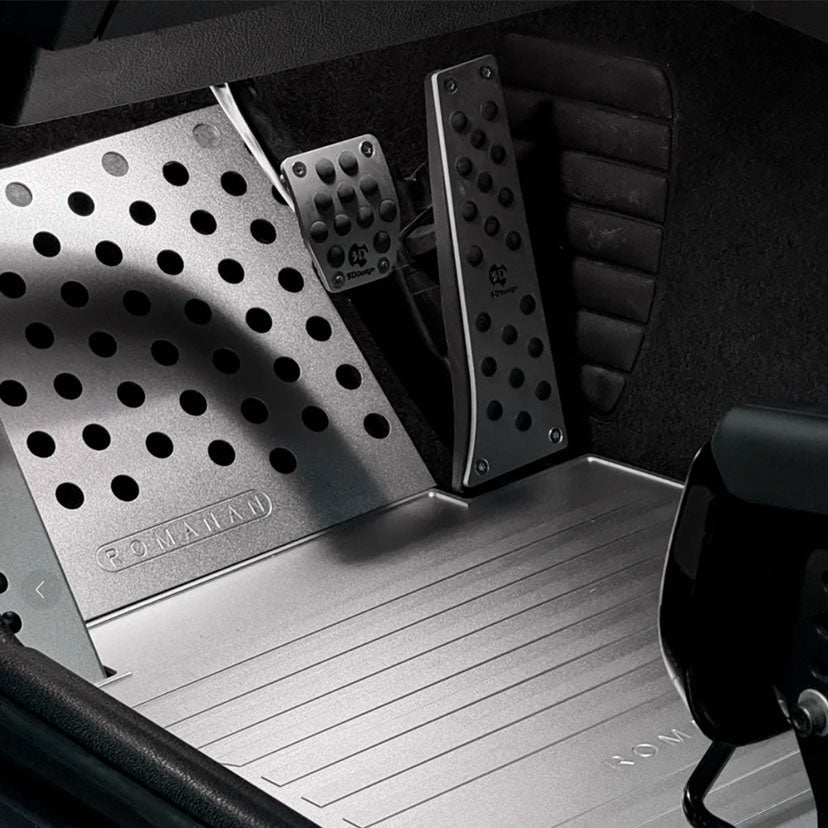
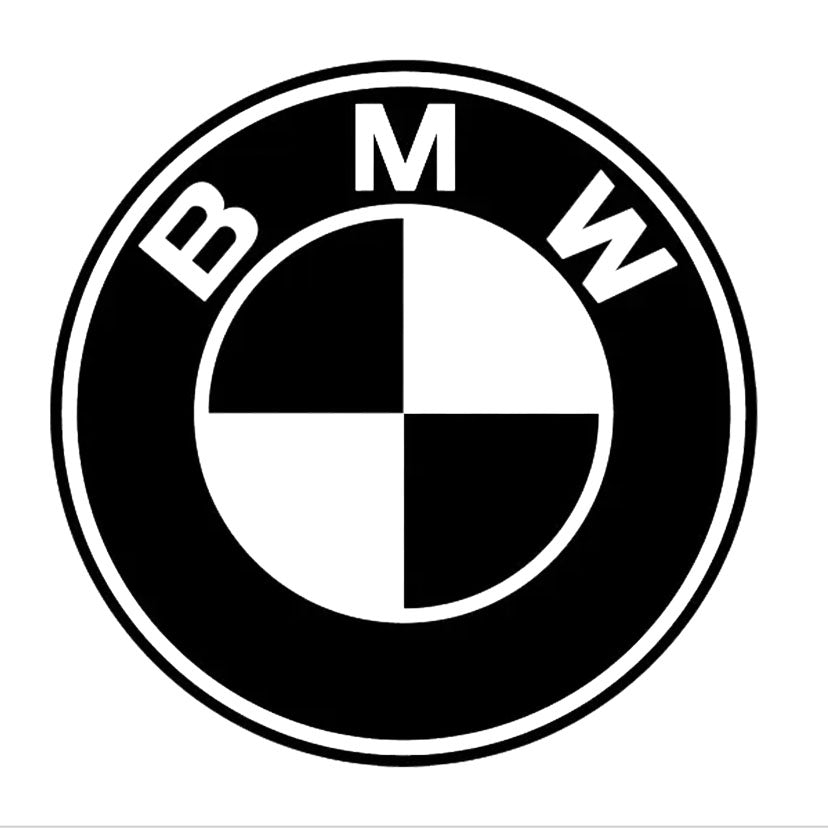
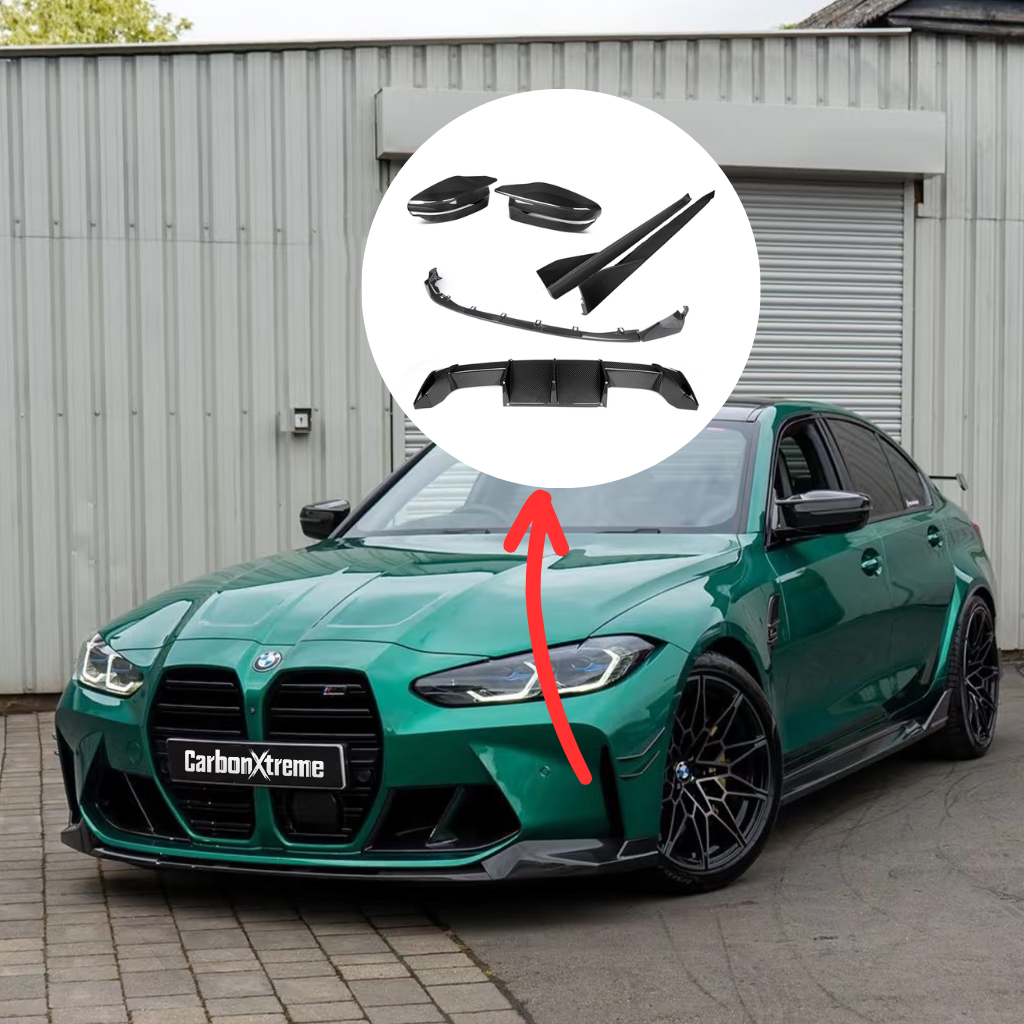
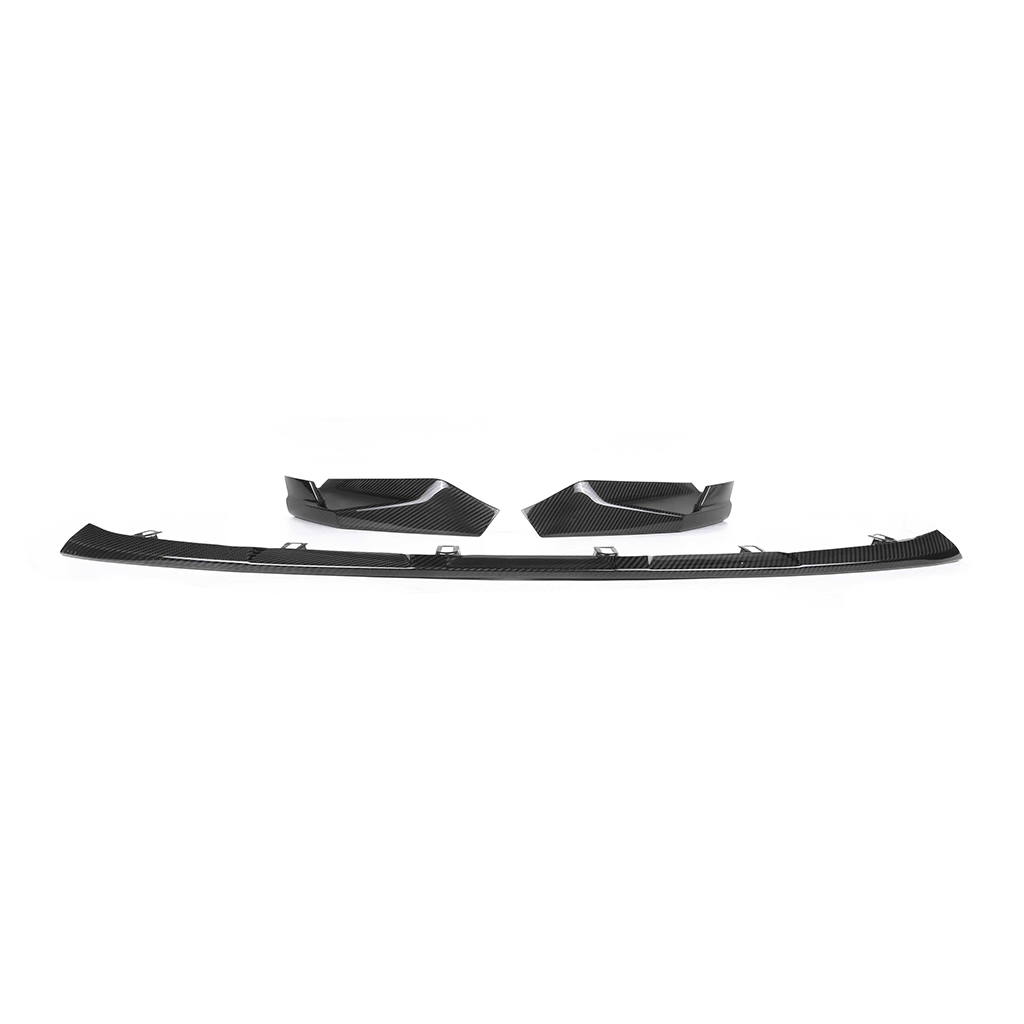
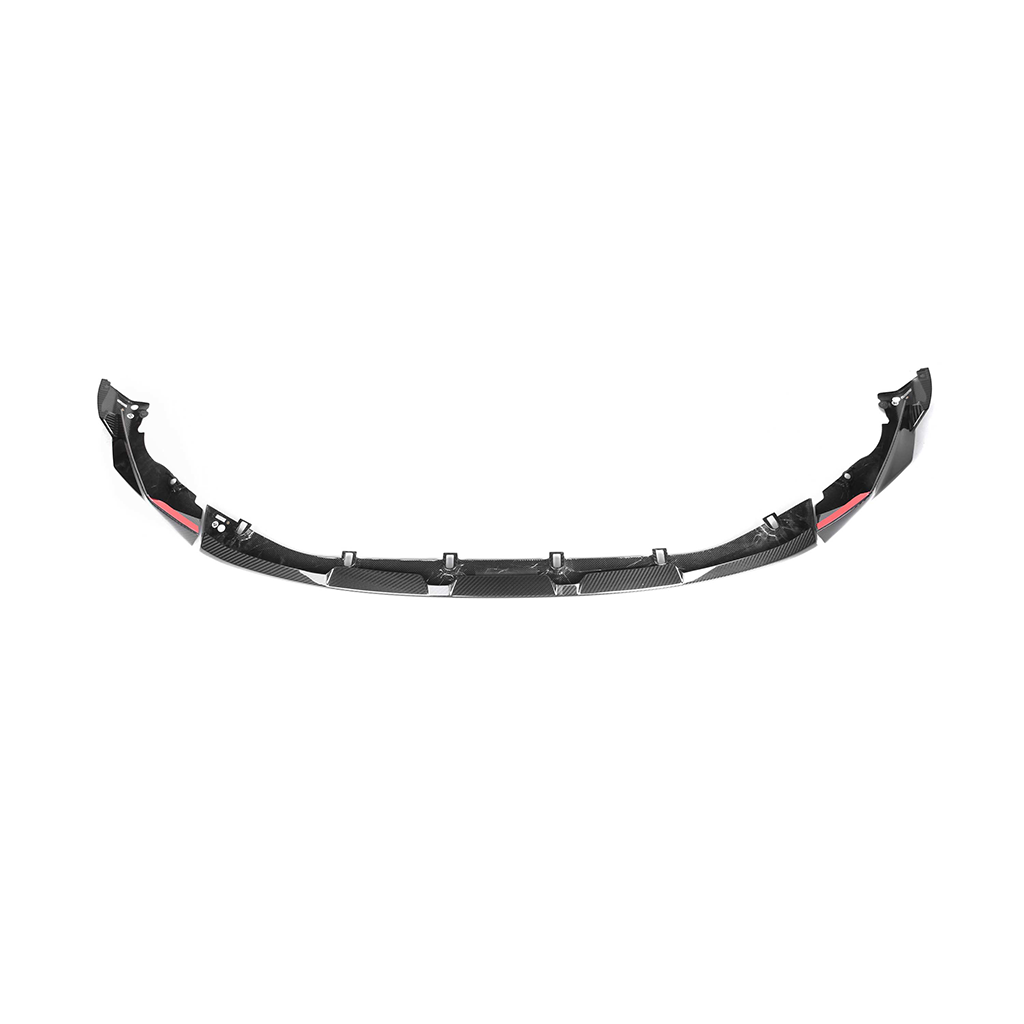
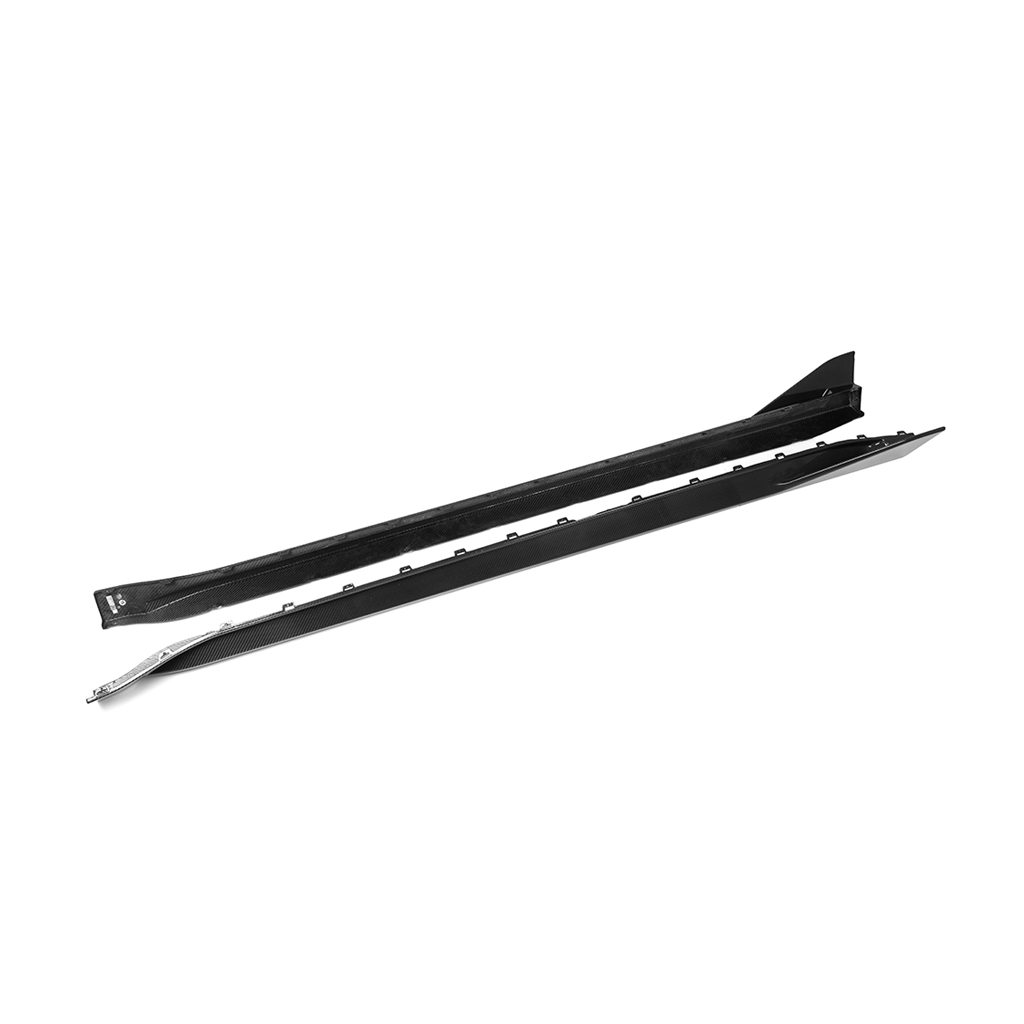
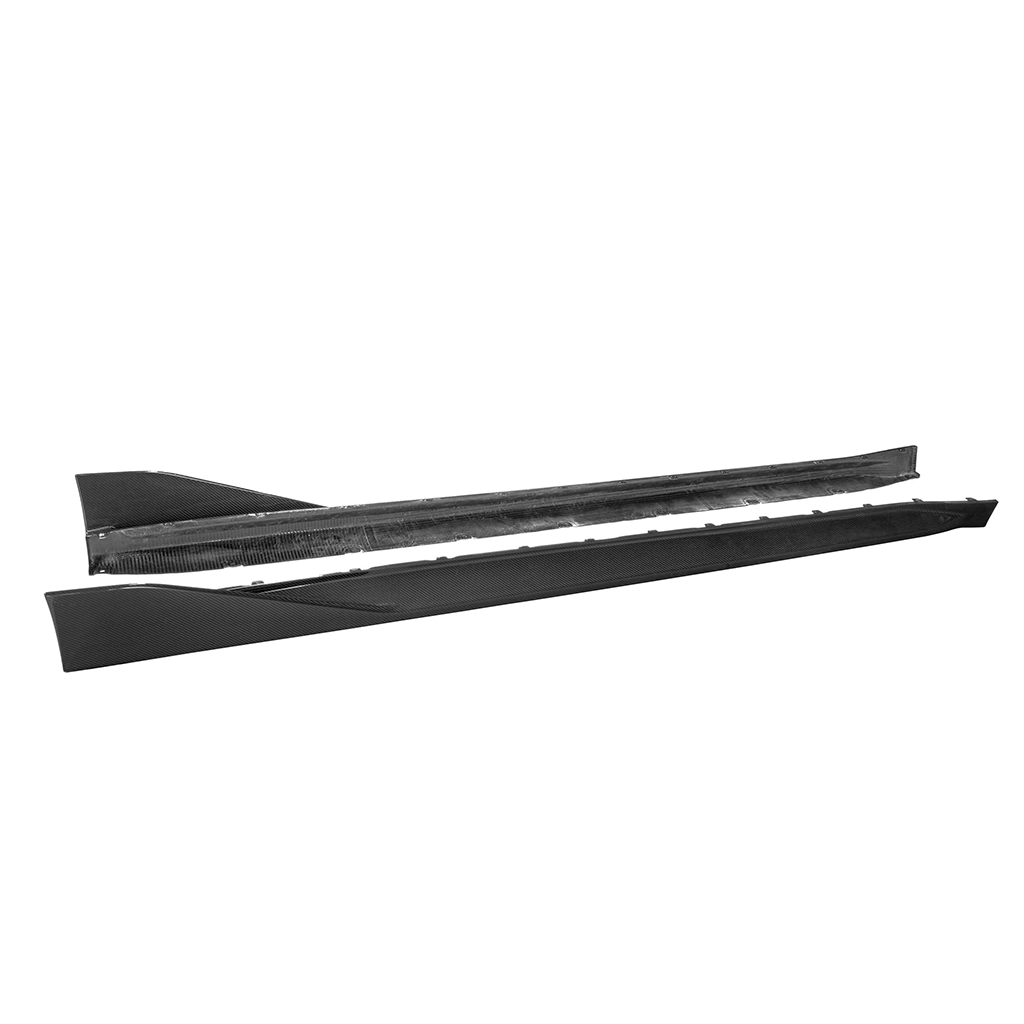
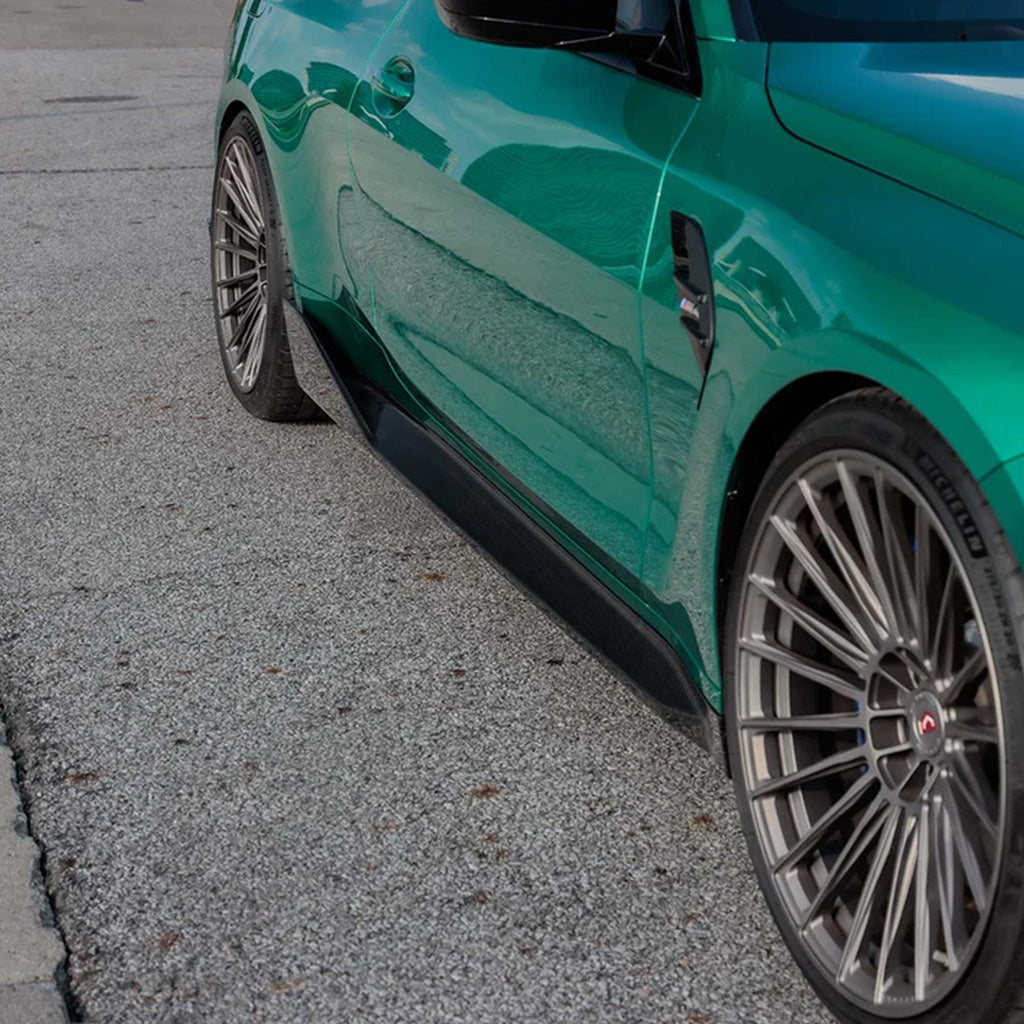



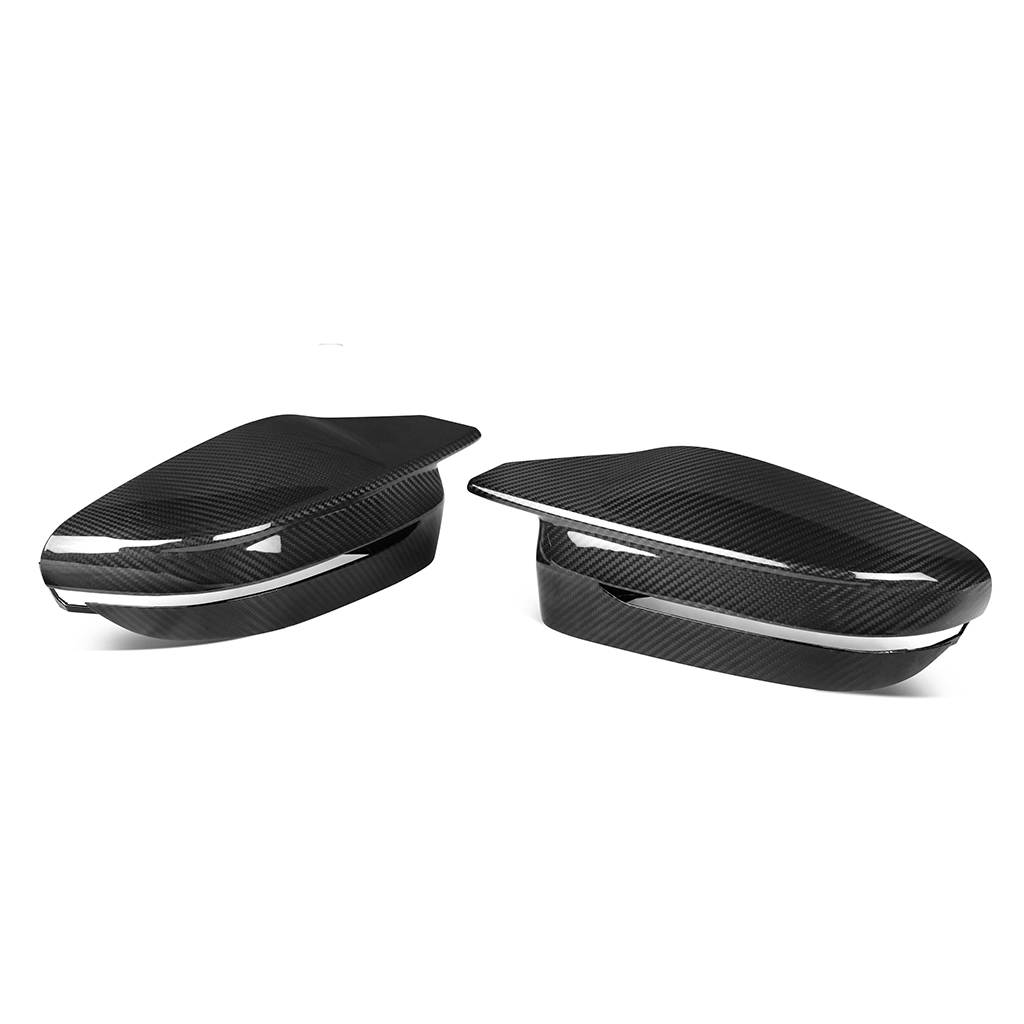
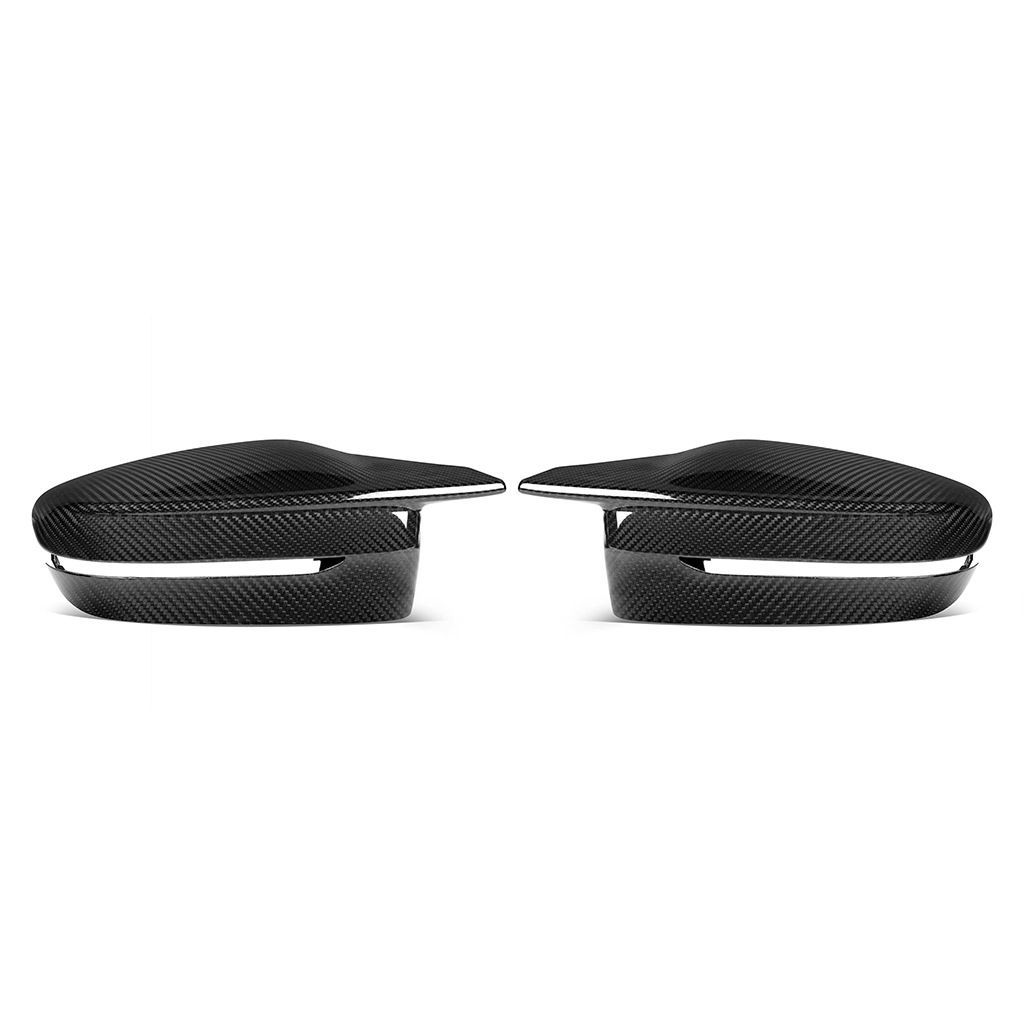
Share:
Naturally Aspirated vs Supercharged Engines Pros and Cons
Chevrolet Equinox vs Ford Escape: Which Compact SUV Is Right for You in 2025?